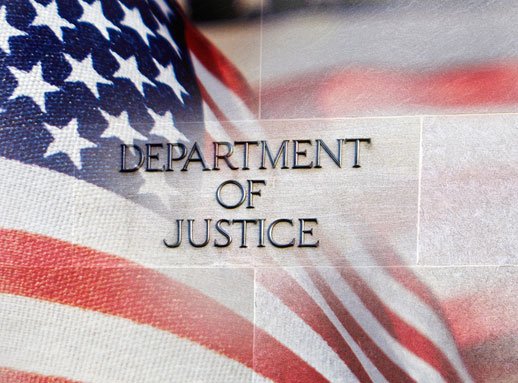
"I started emailing and calling up to the Deputy Attorney General's Office to find out about it and harassed them and harangued them for months until they finally let me do it," she said. "I wasn't chosen; I really kind of forced my way on."
The team, led by Florida attorney Greg Kehoe, advised the Iraqi Special Tribunal that will try Saddam and members of his former regime. The Iraqi trials will likely be the most watched since Nuremberg, perhaps even more so, because Saddam will be in the dock. Hitler killed himself before he could be tried along with other Nazis at Nuremberg.
The American lawyers scoured Arabic documents in Iraq. Tompkins said collecting evidence against Saddam was similar to building a white-collar crime case because it involved so many documents. Traveling to interview witnesses and victims of atrocities was difficult because of the insurgence in Iraq.
"As time marched on in Baghdad, travel became virtually impossible. So we really had to change how we were going to put this case together because we couldn't get in the car and drive to the town where a crime had been committed by the Saddam Hussein regime," she said. "That would have been the way that we would have preferred. But that continues to be impossible."
Tompkins, who is from North Carolina, returned from Iraq last month and had her first vacation since Christmas 2003. She returned to her office in mid-May after almost eleven months away, including two months spent in Washington, DC, before heading to Baghdad. Before the team of lawyers started its investigation in Iraq, it feared it would be difficult to find witnesses willing to speak up. So it first interviewed exiles living in the United States.
"We weren't sure at the beginning if there were going to be any people in Iraq who would be willing to testify or give statements of what happened," she said. "As it turned out, people are stepping up in Iraq."
Tompkins lived in the American Embassy in Baghdad and worked in the well-guarded green zone. While she urges lawyers to get involved in Iraq, she warns people about going to freelance without the protection of the U.S. government. A special courthouse has been built for the tribunals, and the location is a poorly kept secret.
One judge has already been killed. Judge Barwez Mohammed Mahmoud and his son were gunned down in northern Baghdad in March.
Tompkins said her grandmother, an attorney, inspired her to pursue a law career.
"She was born in 1900 and went to Temple Law School in Philadelphia," she said. "I always thought that was really cool, that my grandma was one of the first female lawyers in Philadelphia. And so as a kid listening to her talk, I had it in the back of my mind that that would be an interesting way to make a living."
But Tompkins first pursued a master's degree in public policy and became a budget analyst for the City of Charlotte. When she finished law school, she was 30. She worked as a state prosecutor for eight years before moving the U.S. Attorney's Office in 2000. Her boss, Bob Conrad, Charlotte's former U.S. Attorney, was supportive of her decision to go to Iraq. Conrad was confirmed by the U.S. Senate as a federal judge last month.
"I was a budget analyst, and I could really see my entire life laid out in a straight line in front of me, and it really hit me," she said. "For some people, you get a lot of comfort for being able to see all the way down the line; and for other people, like me, it scared me. I wanted a lot more zigging and zagging to go on before it all ended."
Being a trial lawyer brought the excitement Tompkins was looking for. And while she was eager to get back to her caseload as a federal prosecutor, she said she now has a travel bug and will consider other international law opportunities in the future. In Charlotte, Tompkins plans to focus mainly on white-collar crime and handle other cases as needed. Variety of cases is what she enjoys most.
"I've always wanted to have a job that changed and [in which] you would have ongoing challenges. There were plenty of times when I was in Iraq and I would find myself sitting in a Humvee, and I would just get giddy. I would say, 'My God, I'm a lawyer, and I'm getting to do this stuff.' That's exactly why I wanted to go to law school," she said. "Believe me, I've got the bug now. I would be definitely on the lookout for something like this. It was all-around a fantastic experience, every single day. There're not many things that you can say that about."


